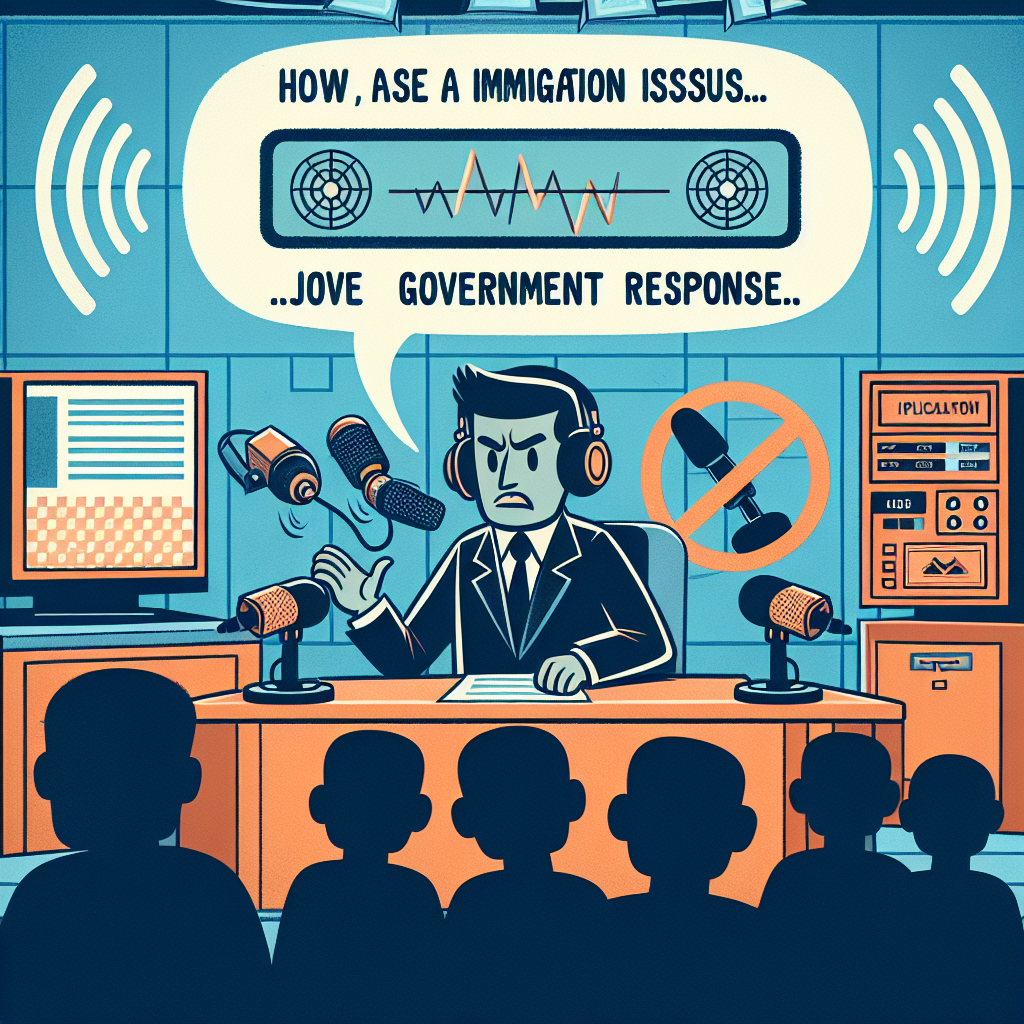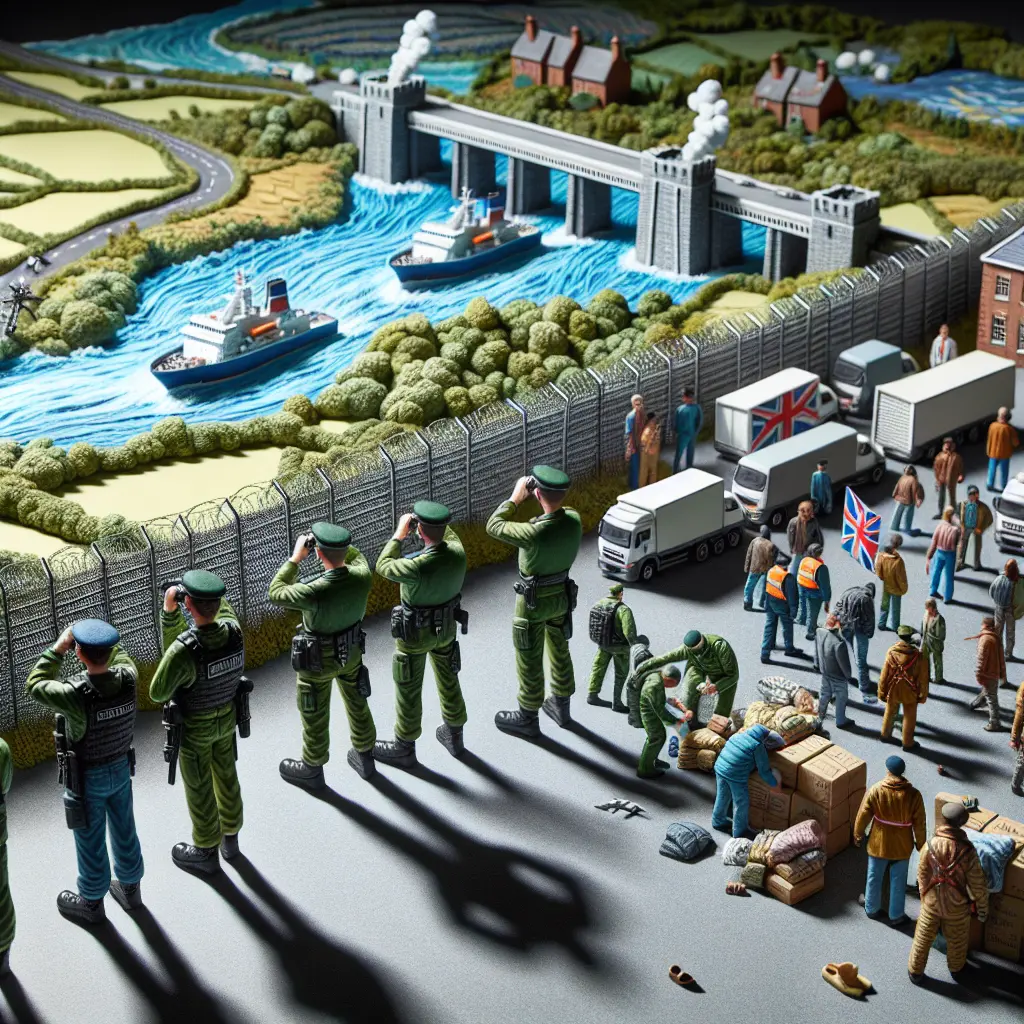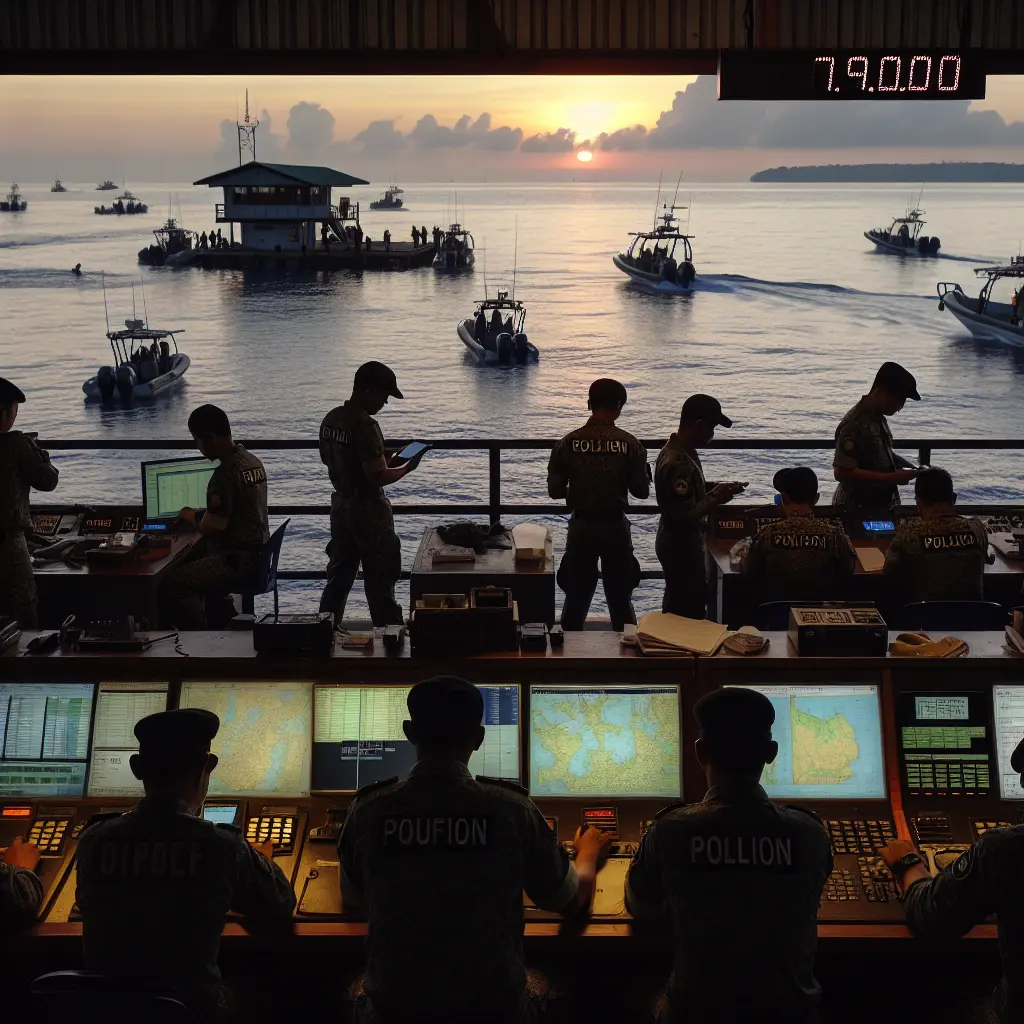The challenge of controlling illegal Channel crossings has once again brought UK immigration policy into sharp focus.
The recent surge in illegal migrant arrivals across the English Channel has ignited fierce debate over the UK’s approach to border security and immigration enforcement. On a single day, 1,194 people made the dangerous journey, marking a new record for 2025 and underscoring a 30% increase compared to this time last year. With over 14,600 arrivals so far, the situation is raising tough questions for political leaders and the public alike.
Escalating Numbers and Political Fallout: Warm weather conditions have contributed to the rise in Channel crossings, with more frequent “red days” making journeys more viable. This increase has led to intense scrutiny of government responses. Critics argue that both current and former administrations have failed to deliver effective solutions, as year-on-year crossings have jumped by 42%, and Labour’s newly established Border Security Command has been criticized for its lack of measurable results. The decision to abandon the Rwanda relocation scheme has been labelled an “act of political spite,” and alternative arrangements with Albania and Bosnia-Herzegovina have yet to materialize.
The Ongoing Challenge with France: Despite a significant £480 million funding agreement intended to enhance French efforts at intercepting crossings, only about 40% of attempted departures are being stopped. This limited success has intensified frustration in the UK over international cooperation on border security and the effectiveness of joint measures.
Government Response and Legislative Action: The government has reiterated its commitment to ending dangerous small boat crossings. Their strategy includes disrupting smuggling gangs through intelligence-sharing and cross-border collaboration, strengthening enforcement operations in northern France and key departure points, and introducing tougher legislation in the Border Security, Asylum and Immigration Bill to close loopholes and increase deterrents. A government spokesperson emphasized that protecting lives and securing borders are top priorities, with ongoing efforts targeting smuggling operations at every stage.
UK Channel Crossings: Escalating Crisis and Government Responses
The surge in Channel crossings highlights the complexities of modern UK immigration challenges. Balancing humanitarian responsibilities with public safety and national security is proving ever more difficult as numbers reach unprecedented highs. The political fallout from failed policies and divisive debates over international agreements illustrates just how contentious this issue has become.
With over 14,600 arrivals already in 2025, the pressure on policymakers is immense. The abandonment of the Rwanda relocation plan has sparked heated debate, while new deals with other countries have yet to show results. Meanwhile, critics demand stronger, evidence-based actions from the government and call for greater transparency about the effectiveness of current measures.
Efforts to disrupt smuggling gangs have intensified, including increased intelligence-sharing and collaborative operations with European partners. Tougher legislation aims to make it more difficult for traffickers to operate, while stepped-up enforcement seeks to prevent dangerous departures from French shores. Despite these moves, substantial obstacles remain in delivering sustained reductions in crossings.
Key takeaways include the record number of arrivals this year, political divisions over international cooperation, and an ongoing push for more robust border management. For more details on this evolving story, you can read the full article here.
Balancing Security, Policy, and Humanitarian Needs
Navigating UK immigration policy requires both compassion and resolve. The multifaceted approach now being pursued demonstrates the complexity of achieving secure yet fair borders. Political leaders are challenged to address humanitarian concerns while maintaining public trust in the country’s ability to manage its frontiers effectively.
The ongoing crisis underscores the need for continued innovation in both policy and operational strategy. It is clear that no single measure will be enough; instead, a combination of international cooperation, legislative reform, and targeted enforcement will be required to tackle this complex issue.
As new records are set and political debate intensifies, public attention will remain sharply focused on how effectively leaders address illegal Channel crossings. The outcome will not only shape UK immigration policy but also influence broader discussions on border security throughout Europe.
The journey toward secure and fair borders is far from over. Ongoing vigilance, collaboration, and balanced decision-making will be essential as the UK seeks solutions to this defining challenge.
Stay tuned for further insights as the story develops and the debate continues to evolve.










Leave a Comment